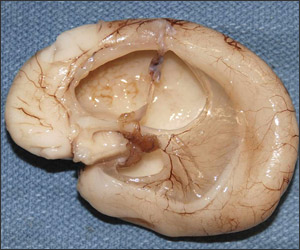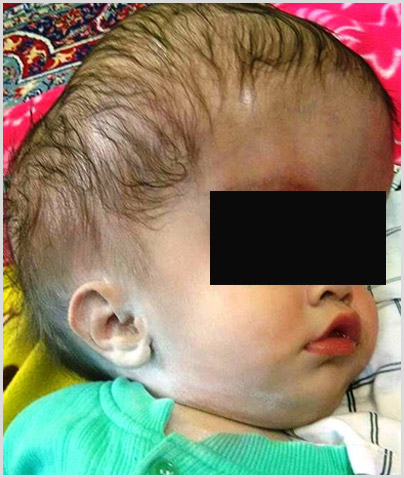Welcome To our Website.
"The Healing Hands"
Welcome To our Website.
"The Healing Hands"

Hydrocephalus is a condition that occurs when fluid builds up in the skull and causes the brain to swell. The name means “water on the brain.” Brain damage can occur as a result of the fluid buildup. This can lead to developmental, physical, and intellectual impairments. It requires treatment to prevent serious complications.
Hydrocephalus mainly occurs in children and adults over 60, but younger adults can get it too. The National Institute of Neurological Disorders and Stroke (NINDS) estimates that 1 to 2 of every 1,000 babies are born with hydrocephalus.
Cerebrospinal fluid (CSF) flows through your brain and spinal cord in normal conditions. Under certain conditions, the amount of CSF in your brain increases.

The amount of CSF can increase when:
Too much of this fluid puts your brain under too much pressure. This pressure can cause brain swelling, which can damage your brain tissue.
In some cases, hydrocephalus starts before a baby is born. This can result from:
This condition can also occur in infants, toddlers, and older children due to:
When hydrocephalus occurs in adults, CSF levels rise but the amount of pressure is usually normal. It still causes the brain to swell and can lead to impaired functioning. In adults, this condition usually results from conditions that prevent CSF from flowing. However, in some cases, there is no known cause.
You might be at higher risk if you’ve experienced any of the following:

Hydrocephalus can cause permanent brain damage, so it’s important that you recognize symptoms of this condition and seek medical attention. The condition is more common in children, but it can affect people of any age.
Early signs of hydrocephalus in infants include:

Symptoms or signs that affect toddlers and older children include:
Symptoms in young and middle-aged adults include:
This form of the condition usually begins slowly and is more common in adults over the age of 60. One of the earliest signs is falling suddenly without losing consciousness. Other common symptoms of normal pressure hydrocephalus (NPH) include:

